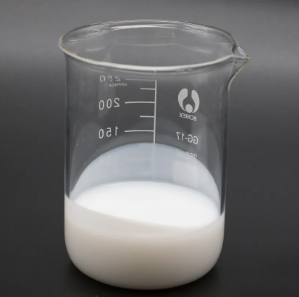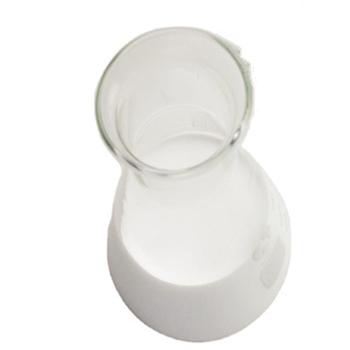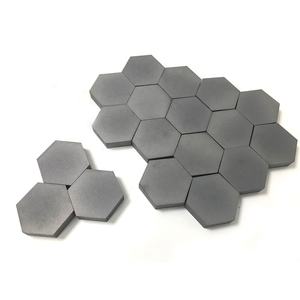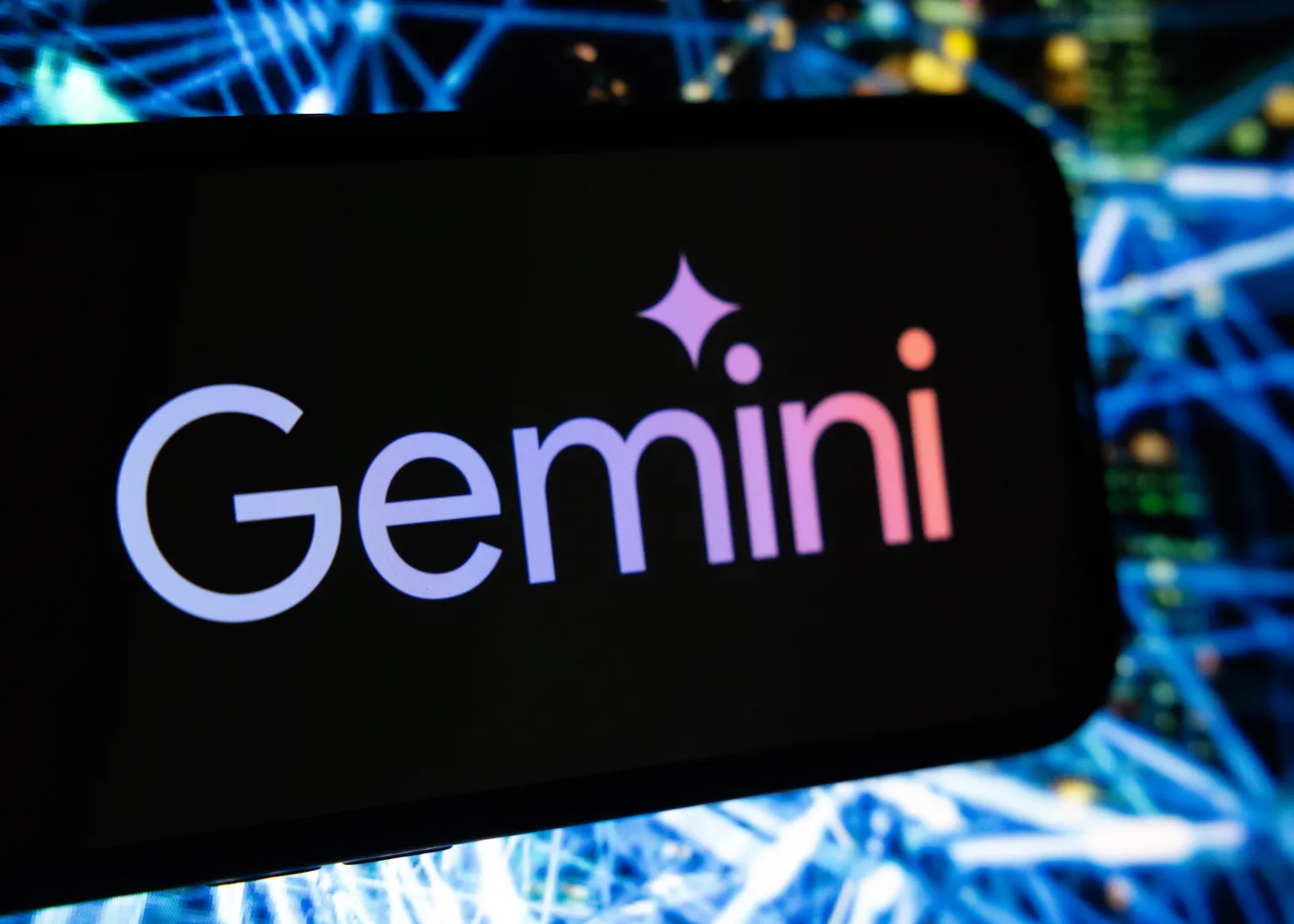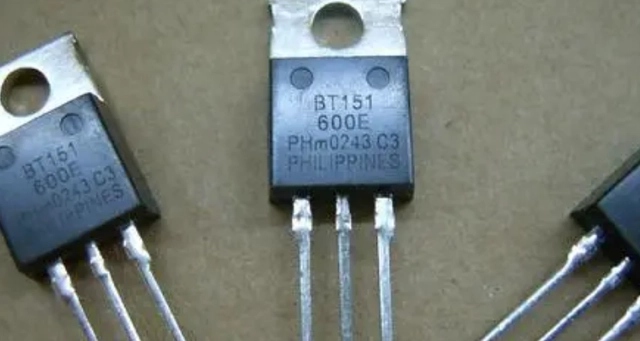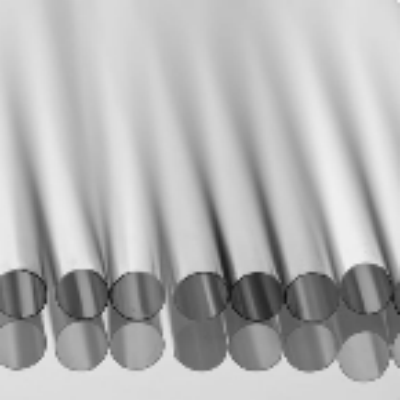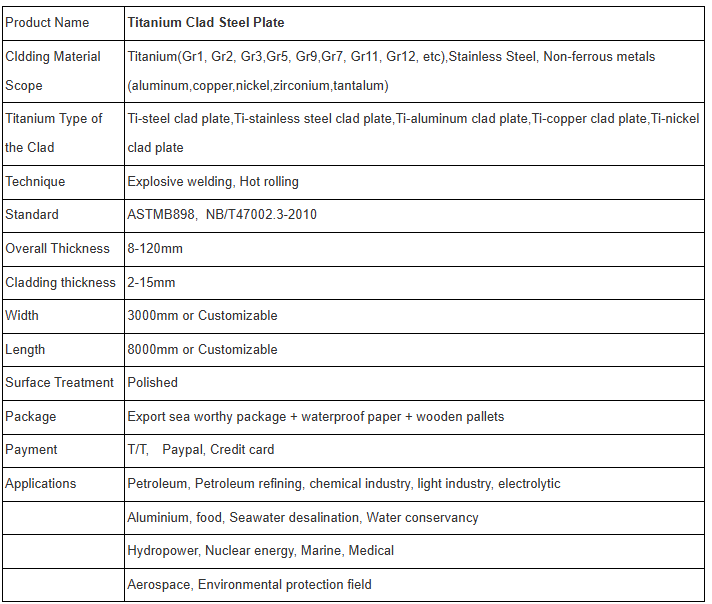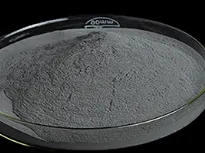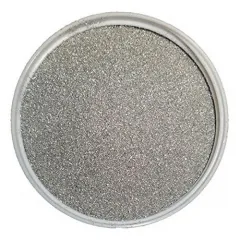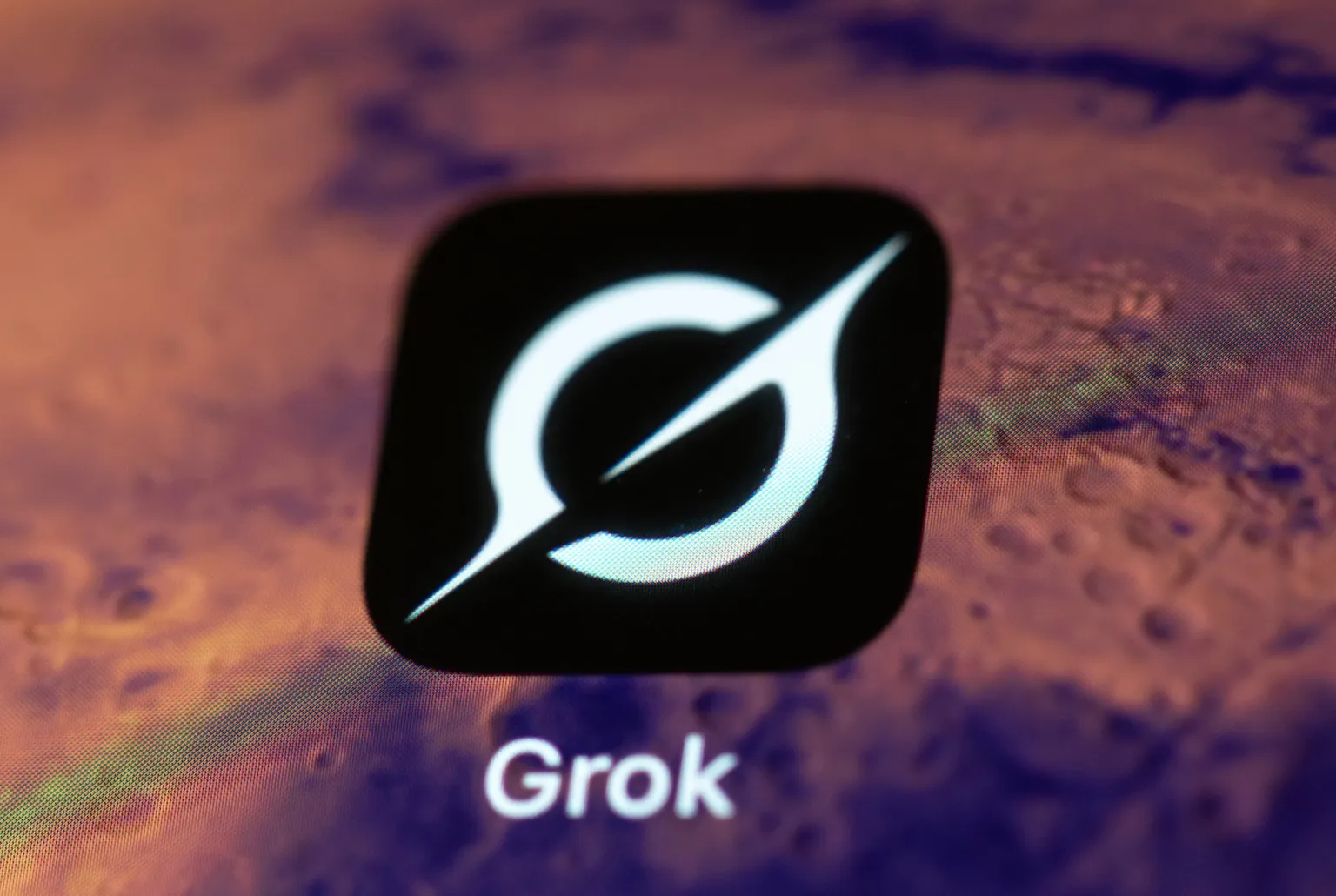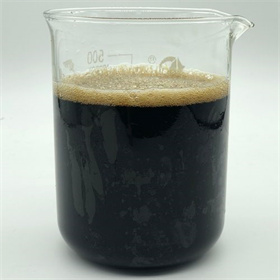Intro to Water-Based Zinc Stearate: Linking Performance and Sustainability in Modern Manufacturing
Water-based zinc stearate is an environmentally friendly choice to solvent-based lubricating substances and launch agents, using superior efficiency with marginal ecological impact. As markets shift towards greener production approaches, this aqueous dispersion of zinc stearate has actually acquired importance across sectors such as rubber handling, metal developing, concrete spreading, and polymer manufacturing. Its capacity to give reliable lubrication, avoid attachment, and minimize surface area issues makes it a flexible device in modern-day industrial applications. With expanding regulative stress on unpredictable organic compound (VOC) emissions, water-based zinc stearate stands apart as a clean, effective, and scalable service.
(TRUNNANO Water Based Zinc Stearate)
Chemical Composition and Functional Device
Zinc stearate is a metallic soap formed by the response of stearic acid with zinc oxide or zinc salts. In its water-based formula, it is usually distributed using surfactants or emulsifiers to make certain stability and uniform application. When put on surfaces, the zinc stearate particles develop a slim, hydrophobic film that minimizes rubbing and prevents direct contact between products. This mechanism is essential in mold launch operations, where it assists in very easy demolding without harming the final product’s surface area integrity. In addition, its high melting point (~ 120– 130 ° C) enables it to do properly under moderate thermal problems, maintaining performance throughout high-temperature processes.
Applications in Rubber and Polymer Handling
In rubber production, water-based zinc stearate serves twin purposes– as a mold release representative and as an interior lubricant. It prevents sticking in between uncured rubber substances and mold surfaces, making certain consistent part top quality and reducing post-processing efforts. In thermoplastics and elastomers, it improves flow buildings during extrusion and shot molding, lessening pass away build-up and enhancing surface coating. Its compatibility with numerous polymers, including polyolefins, PVC, and design materials, better broadens its energy. Moreover, its non-reactive nature ensures it does not conflict with treating or vulcanization responses, maintaining material performance attributes.
Role in Steel Forming and Stamping Industries
The metalworking industry significantly counts on water-based zinc stearate for chilly and warm developing operations. Made use of as a lube in marking, drawing, and building, it develops a protective border layer that reduces device wear and improves part surface high quality. Contrasted to oil-based or wax coverings, it uses better warm dissipation and cleaner operation, which is especially helpful in automatic production lines. Furthermore, its convenience of elimination after processing– making use of easy water rinsing or light cleaning agents– minimizes cleansing expenses and stays clear of deposit accumulation on completed parts. This makes it suitable for usage in automobile, aerospace, and precision element manufacturing.
Usage in Concrete and Building Products
Within the building sector, water-based zinc stearate is widely used as an internal launch representative for precast concrete components. Unlike traditional oil-based products, it does not discolor surface areas or hinder secondary therapies like painting or covering. When blended right into concrete or put on formwork, it prevents bonding in between the mold and the hardened concrete, permitting easy demolding while keeping dimensional accuracy. Its reduced thickness allows also insurance coverage with splashing or cleaning, making it appropriate for both hands-on and mechanized operations. Furthermore, it contributes to longer mold and mildew life by protecting versus chemical attack and abrasion from repeated casting cycles.
Environmental and Safety Advantages Over Traditional Alternatives
Among the most engaging advantages of water-based zinc stearate is its ecological account. Free from solvents, VOCs, and harmful additives, it aligns with international sustainability objectives and work wellness criteria. Employees take advantage of reduced direct exposure to flammable or hazardous compounds, and suppliers can satisfy strict air top quality policies without extra air flow systems. From a waste administration point of view, water-based formulas are much easier to take care of and dispose of securely, supporting round economic climate practices. These attributes make it a favored choice for firms aiming to accomplish green qualifications such as ISO 14001 or LEED compliance.
Market Fads and Technical Innovations
( TRUNNANO Water Based Zinc Stearate )
The market for water-based zinc stearate is experiencing steady development, driven by raising need for environment-friendly commercial remedies and stricter environmental legislation. Manufacturers are purchasing innovative dispersion technologies to boost stability, prolong service life, and boost efficiency under extreme conditions. Advancements such as nano-dispersed zinc stearate and hybrid solutions with silicone or PTFE are being explored to offer exceptional lubricity and temperature level resistance. Additionally, smart distribution systems– including atomized sprays and dosing systems integrated with IoT– are allowing accurate application control, lowering consumption and functional prices.
Obstacles and Ongoing Research Instructions
In spite of its advantages, water-based zinc stearate encounters specific limitations, consisting of sensitivity to water hardness, potential microbial deterioration, and reduced load-bearing capability contrasted to synthetic lubricants. To resolve these concerns, ongoing research focuses on enhancing solution security, integrating biocides for microbial resistance, and boosting useful performance with additive synergies. Compatibility with various substratums and procedure conditions also continues to be a crucial location of development. Initiatives are underway to tailor formulas for particular applications, ensuring consistent efficiency throughout diverse industrial settings.
Future Potential Customers: Integration with Smart Manufacturing and Eco-friendly Chemistry
Looking in advance, water-based zinc stearate is positioned to play a central function in the change toward intelligent and sustainable manufacturing. Its combination with Market 4.0 innovations– such as real-time monitoring, predictive upkeep, and automated giving– will certainly make it possible for a lot more reliable and flexible manufacturing workflows. Advances in bio-based surfactants and renewable feedstocks will even more improve its environmental credentials, sustaining decarbonization methods across supply chains. As industries continue to prioritize source efficiency and ecological stewardship, water-based zinc stearate represents a tactical advancement that stabilizes technological efficiency with eco-friendly duty.
Distributor
TRUNNANO is a supplier of water based zinc stearate with over 12 years of experience in nano-building energy conservation and nanotechnology development. It accepts payment via Credit Card, T/T, West Union and Paypal. Trunnano will ship the goods to customers overseas through FedEx, DHL, by air, or by sea. If you want to know more about zinc stearate dispersion, please feel free to contact us and send an inquiry(sales5@nanotrun.com).
Tags: water based zinc stearate, zinc stearate, zn stearate
All articles and pictures are from the Internet. If there are any copyright issues, please contact us in time to delete.
Inquiry us

